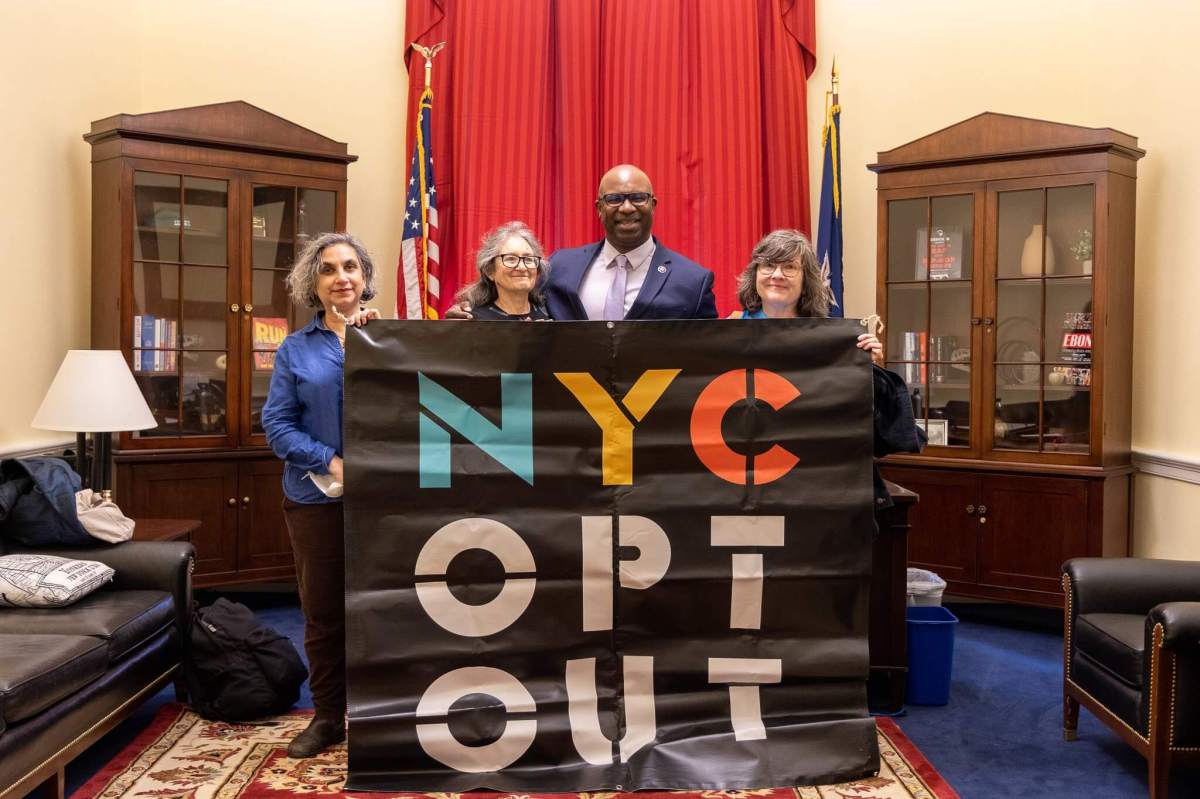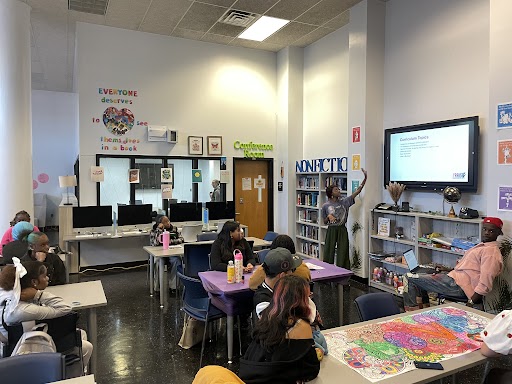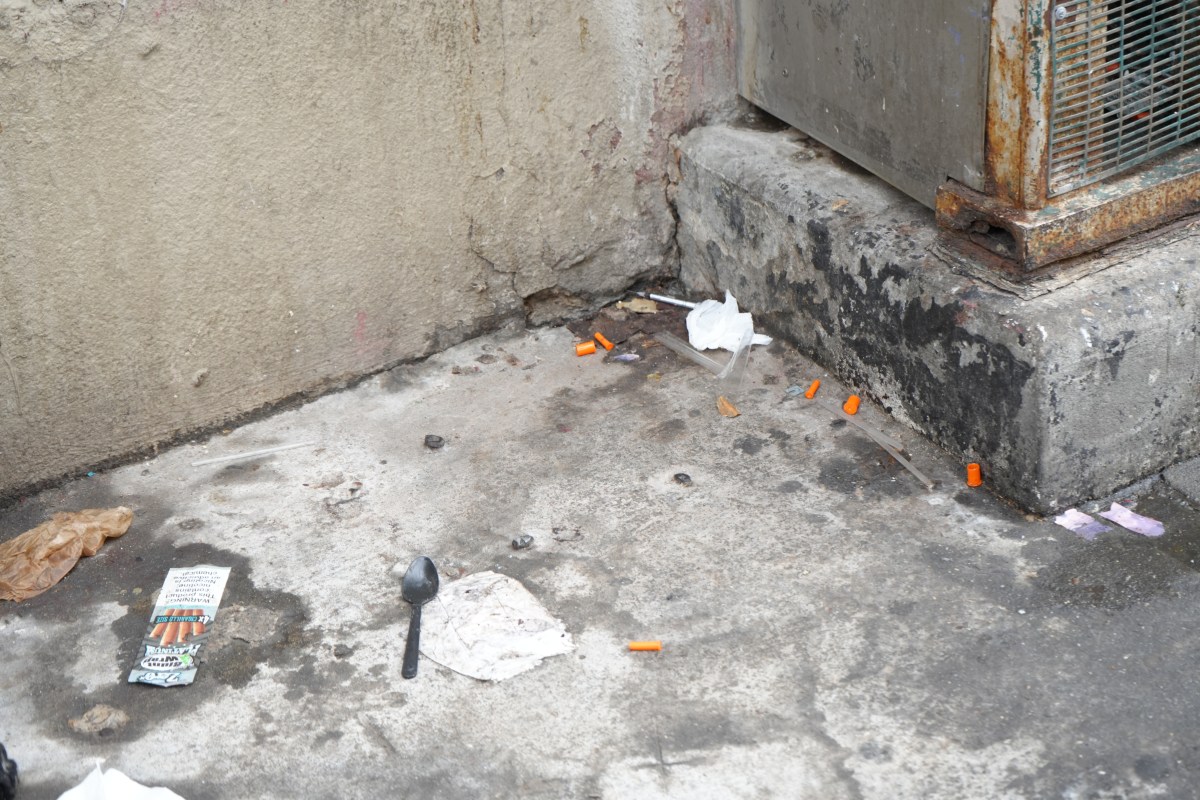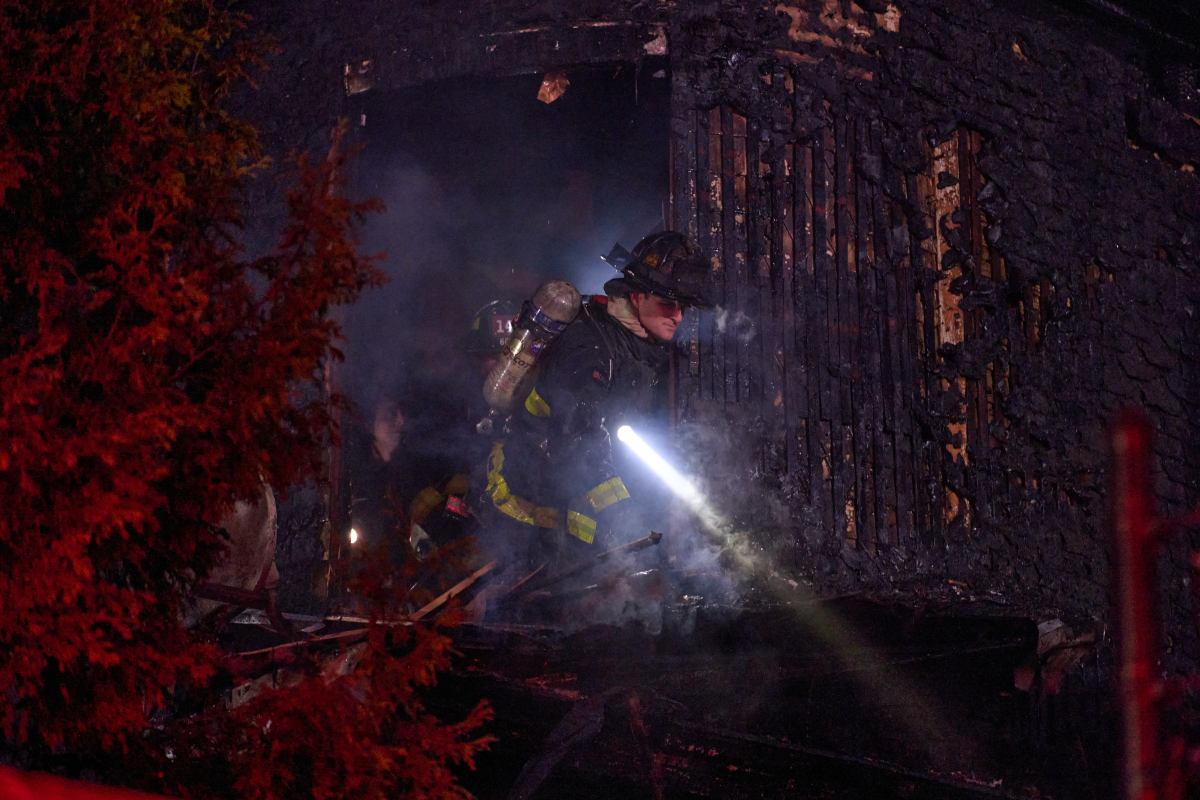As state standardized testing season looms for students, a group of New York City parents and educators recently held a virtual meeting about how public school families can opt out of the controversial tests.
NYC Opt Out, a grassroots coalition that organizes boycotts of the annual state tests, invited Congressman Jamaal Bowman (D-16) and teachers to speak about the current climate around standardized testing.
While the state of New York is required to administer English-language arts, math, and science assessments every year to students in the third through eighth grade, the NYC Opt Out coalition works on educating parents, including those of students with IEPs, that they can opt-out if they so choose.
There was a 19% non-participation rate, including opt-outs, across third through eighth graders for the 2021-22 New York State standardized assessment, according to New York State Education Department data. The non-participation rates, however, were higher with the 2017-18 and 2018-19 assessments, which had 29% and 25% non-participation rates, respectively.
NYC Opt Out cofounder Kemala Karmen said that the tests crimp the amount of time teachers can truly educate children, since much of the school year is consumed with test preparation and a significant amount of time in January, April, May, and June is spent in testing.
“The time left for teaching and learning is vanishing,” Karmen said.
Concerned about the impact of standardized testing, the coalition believes there is a wider assortment of evaluations that better show student learning compared to single-subject exams. These include classroom tests and quizzes, portfolios, papers, and projects, the coalition says.
Bowman discussed how working in education for two decades as a teacher, guidance counselor, and middle school principal showed him why student testing couldn’t wholly capture intelligence.
“Tests were just a major part of my entire career but I knew very early on that there were questions of reliability and validity of the tests,” Bowman said. “We can rewrite or amend current legislation towards ending annual standardized tests.”
To this end, Bowman introduced the More Teaching Less Testing Act on March 23 to address the annual, state-required exams for third through eighth graders. While the bill does not eliminate the exams themselves, the proposal would eliminate the federally mandated testing schedule for the exams, and “instead establish a menu of options for states to choose from.”
Bowman’s bill would provide states several testing options: grade-span tests administered once in elementary, middle, and high school, representative sampling, or a combination of grade-span testing with either representative sampling or matrix sampling, which aims to reduce the time it takes a student to complete a test.
“We don’t want to say get rid of testing completely,” Bowman said. “The goal here is give the states an option to do something different.”
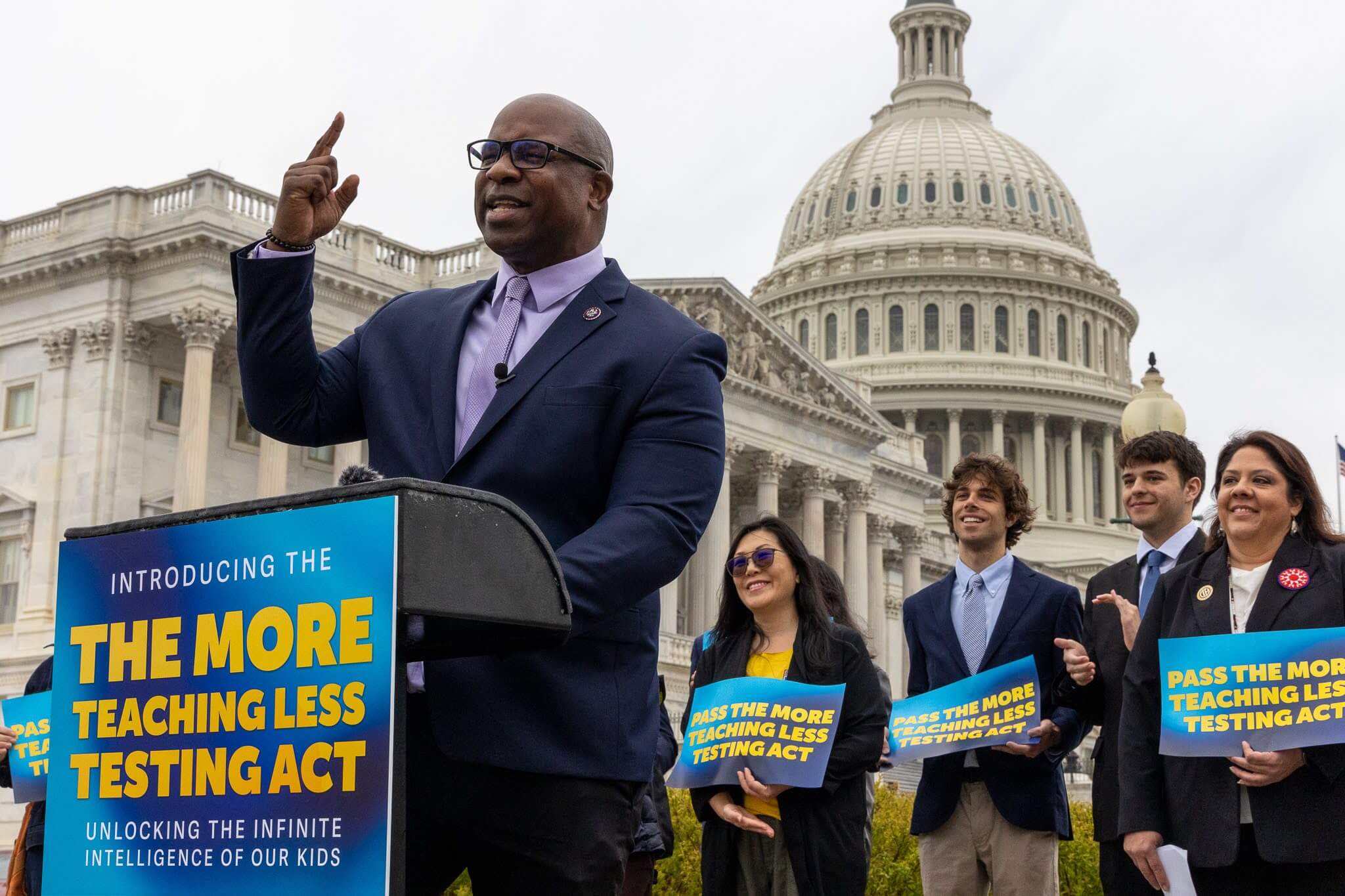
Co-sponsors of the bill include other members of the progressive “The Squad”: Reps. Alexandria Ocasio-Cortez, Adriano Espaillat, Sheila Jackson Lee, Ayanna Pressley, Rashida Tlaib, Pramila Jayapal, Summer Lee, Delia Ramirez, and Greg Casar.
The bill has also garnered support from the NAACP, American Federation of Teachers, Alliance for Quality Education, Schools and Communities United, as well as other Opt Out groups in Long Island, Georgia, and Texas.
The NYC Opt Out information session addressed several myths about opting out. For instance, some parents mistakenly believe that by opting out their children will be deemed not to meet state standards or that their children will not be able to secure special education services. Another myth, according to NYC Opt Out, is that school districts will lose funding.
Karmen addressed the concerns parents have expressed about loss of funding and said that sometimes schools end up on a support list of struggling schools or schools that need support. Schools could be placed on a support list usually because only a few eligible students testing and receiving very low test scores, according to NYC Opt Out.
“Being placed on such a list results in more funding, not less,” Karmen said. “To our knowledge, no school has ever landed there solely because of opt out.”
Karmen explained that students with special education needs are able to be assessed differently. The New York City Department of Education offers a multitude of assessments for students in special education. The DOE also accepts independent and bilingual assessments.
“The state tests are such a blunt instrument that they cannot really register the progress that students who have special learning needs make,” Karmen said.
For parents who are contemplating that their children opt out, the coalition said that they have up until “the moment they receive the test” to make a decision.
They cannot, however, opt out after marking the test with their name. Written opt-out notices, such as letters or emails, to principals are sufficient. Some schools also offer digital opt-out forms. The coalition emphasized in the information session that parents do not need to meet with principals to request opting out.
Two educators voiced their support of opt-out at the information session and pointed to reasons why standardized testing doesn’t capture enough.
Antoinette Byam, a recently retired 5th grade teacher, observed in her decades of teaching that the opt-out movement spurred students to “own their knowledge” without being classified by somebody else.
“Because of COVID there has been less and less testing,” Byam said. “But even before that, there were more and more parents opting out of the testing and recognizing that this is not the only way their children’s knowledge could be recognized.”
Another teacher, Martina Meijer, spoke about the lessons she’s picked up teaching at four different schools across New York City, including a Waldorf school—which is a private institution mainly for the wealthy—in Brooklyn.
“The problem is really the high stakes impact that it has,” Meijer said. “We are capable of assessing our students in a meaningful and authentic way if we are given the space, time, and professional respect to do so.”
After teaching for 15 years in New York City schools, Meijer has observed more white students opting out compared to students of color. She thinks the DOE could do a better job of informing more families about the ability to opt out.
Meijer has recognized how her past curriculum — with the exception being at the Waldorf school where there weren’t standardized testing requirements — has revolved around prepping for tests and testing. Meijer instead sees greater value in teaching students to read and think critically and have discussions. But that’s just not happening right now.
“We’re not teaching,” Meijer said. “We’re just teaching them how to take a test.”
Read more: NYC Public Schools to Get Front Door Locking Systems for Safety



